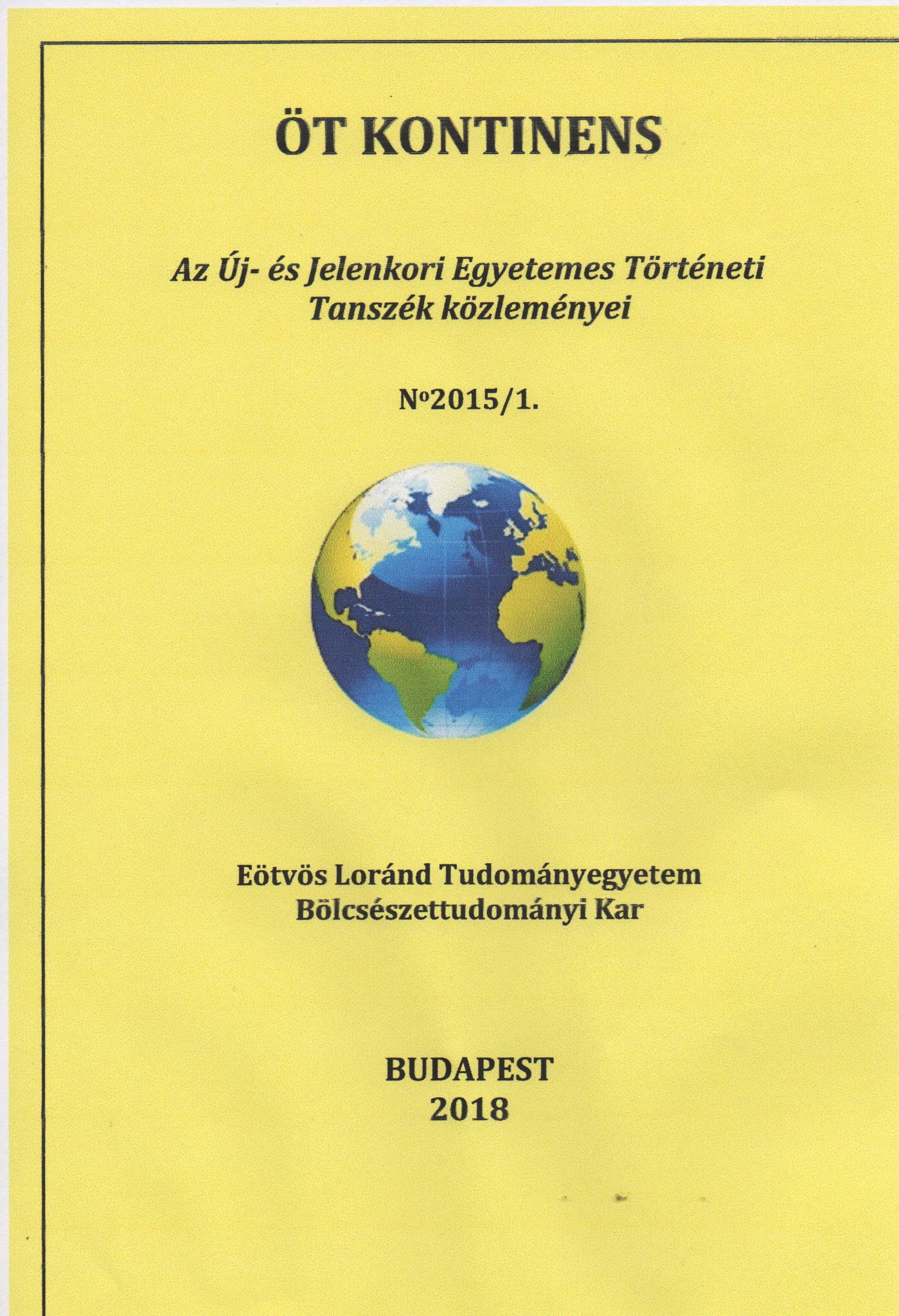Europa heute – eine Bestandsaufnahme. Auf dem Weg zur Integration, vom nationalen Prinzip zum Regionalismus
Europe Today - Situation Report. Through Integration. From National Principle to Regionalism
Author(s): Csilla DömőkSubject(s): Political history, Early Modern Philosophy, 18th Century, 19th Century, Interwar Period (1920 - 1939), Present Times (2010 - today), Geopolitics
Published by: Eötvös Loránd Tudományegyetem, Új-és Jelenkori Egyetemes Történeti Tanszék
Keywords: European unity; national identity; regionalism; Pan-European integration; integration structures;
Summary/Abstract: The European integration, institutionalised in the European Union and Community, is one of the most significant and most surprising transformations in the last century. After the first gradual accession, now, almost every Central and Western European Member State has joined into a comprehensive organisation owning extensive rights, which grants its own organisations and rights. The few European States that are not joined, link to it through conventions. The participating States made this merger on the basis of a contract and, in contrast to the historical patterns, it was not established on the pressure of constraint, dictatorship or hegemony. It is a widespread theory that the European Union was primarily only an economic community and only later, after the Single European Act and the Treaty of Maastricht, it became a political union, but it does not meet the happenings. The union has been a political union – even incomplete and rudimentary - since the beginning, not only because of its political objectives, but because of its interest; and it was expanded gradually, with the consolidation of national policies.
Journal: ÖT KONTINENS
- Issue Year: 2015
- Issue No: 1
- Page Range: 59-72
- Page Count: 14
- Language: German

